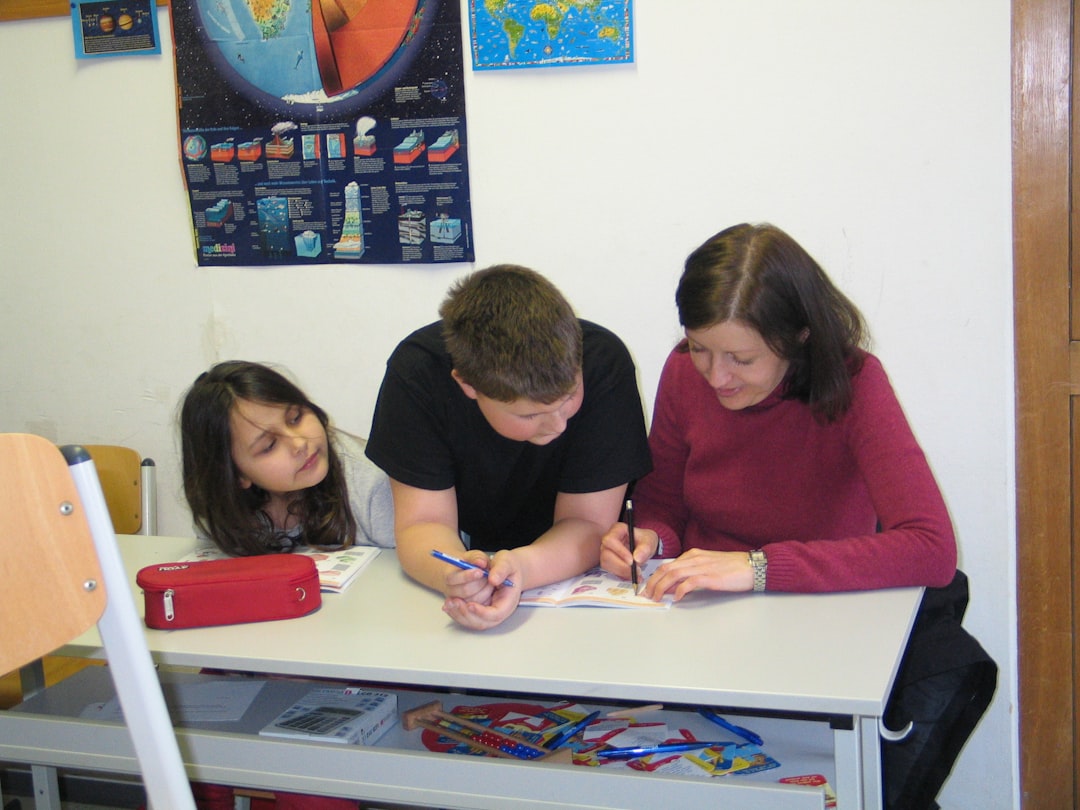Have you ever read something and come across a word you didn’t know? Instead of grabbing a dictionary, you might have figured out the meaning just by looking at the words around it. That’s the magic of context clues!
What Are Context Clues?
Context clues are hints found in a sentence or paragraph that help you understand the meaning of an unfamiliar word. Writers use these clues to make sure readers don’t get stuck on difficult vocabulary.
Why Are Context Clues Important?
They help us:
- Learn new words without a dictionary
- Improve reading comprehension
- Read faster and more smoothly
Think of context clues as little helpers that guide you to understanding tricky words.

Types of Context Clues
There are different types of context clues. Each one gives a different kind of help in understanding words.
1. Definition Clues
Sometimes, the meaning of a word is directly explained in the sentence.
Example: The volcano is dormant, which means it is not active at the moment.
2. Synonym Clues
A synonym (a word that means the same) is provided to clarify the unknown word.
Example: He was elated—so happy that he couldn’t stop smiling.
3. Antonym Clues
A word with the opposite meaning gives a hint.
Example: Unlike his timid brother, Jack was bold and brave.
4. Example Clues
Examples help explain the meaning of an unfamiliar word.
Example: Many animals are nocturnal, such as owls, bats, and raccoons that stay active at night.
5. Inference Context Clues
Sometimes, the meaning of a word is not directly stated. You have to infer, or figure it out, using hints in the text.
Example: After hiking for miles under the hot sun, John was so parched that he drank an entire bottle of water in seconds.
Even if you didn’t know the word “parched,” you could guess it means extremely thirsty.

More Inference Context Clue Examples
Let’s look at a few more examples where the meaning isn’t directly given but can be inferred:
- Lisa winced as she touched her swollen ankle, her face twisting in pain. (You can infer that “winced” means showing pain.)
- The abandoned house was so desolate that not even birds would land on its roof. (We can guess that “desolate” means empty or lonely.)
- After running five miles, Josh was famished. He devoured his meal in minutes. (From this, we understand that “famished” means very hungry.)
How to Use Context Clues in Everyday Reading
Next time you see a word you don’t know, try these steps:
- Read the entire sentence carefully.
- Look for hints in nearby words.
- Think about what makes sense in the context.
- Try replacing the unknown word with a guess to see if it fits.
With practice, you’ll become a pro at figuring out new words on your own.
Final Thoughts
Context clues are like secret weapons for readers. They help us understand words without needing outside help. By paying attention to the clues around a word, you can grow your vocabulary and enjoy reading even more!



